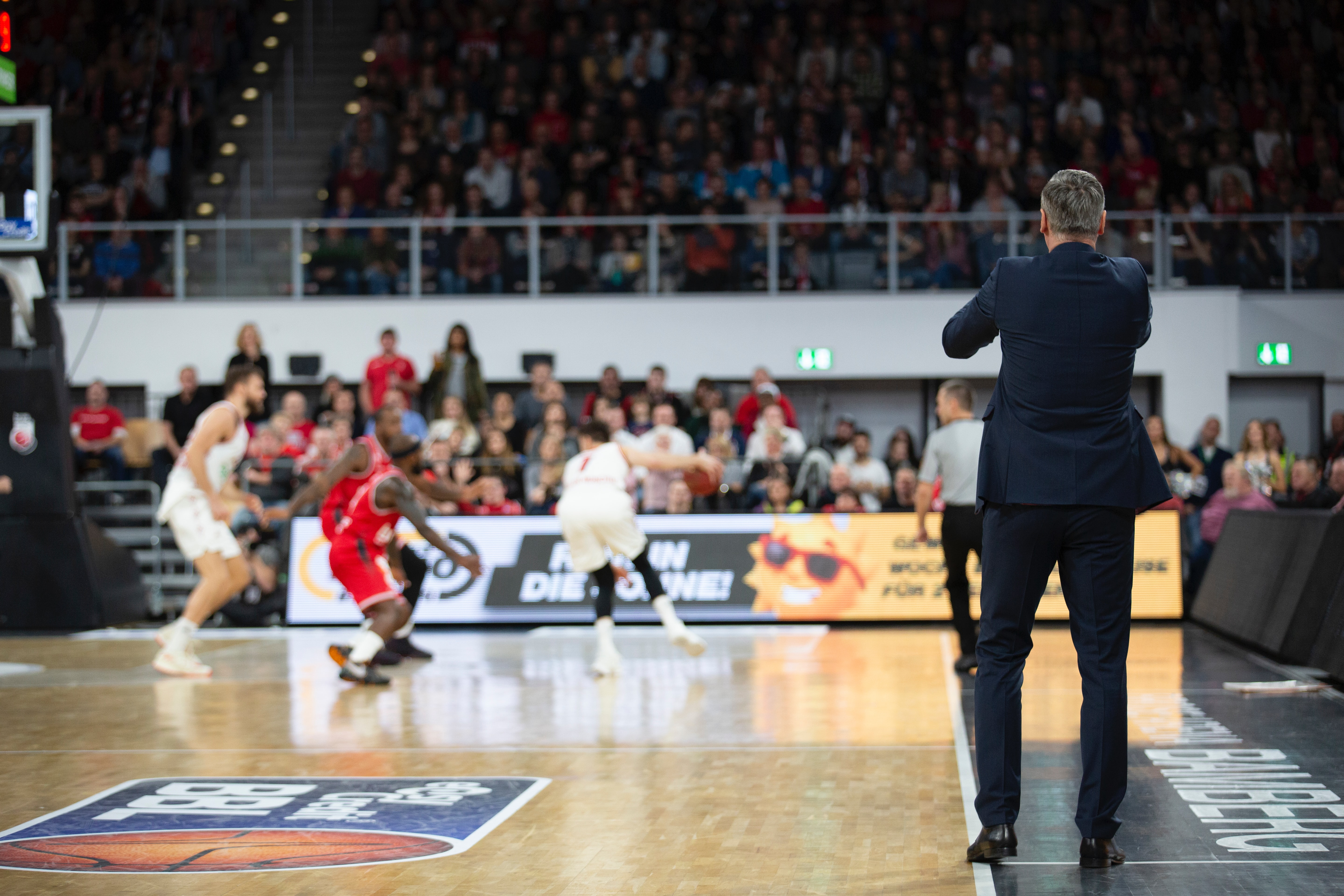As a leader of a business team or technology team, does the end result justify the means? I often meet with business leaders who are focused on outcomes and many tolerate their flawed process because they are “good enough”. By what standard? How good is good enough?
This excerpt from “The Coach & The Geek – Building a Kick-Butt Culture” is about a key question when evaluating yourself and your organization. Are you and your team more focused on long term success or just short term winning? I believe every leader can benefit from this journey toward long term TEAM success versus short term winning. Short term winning is typically motivated strictly for selfish gain.
Take a few minutes to read this short excerpt from the book. Our main character and head basketball coach, Coach Woodward, called for an informal meeting with his staff. While you are reading, apply this conversation to you and your team:
This informal coaches’ meeting was one part of that strategy to better connect with his coaching staff each month. It was their bonding time, and time for Woodward to ask questions, get input, and have fun away from the office.
Once the banter subsided, Woodward spoke up, “Can you be a successful coach and have a losing record?”
Silence came across the room. Ron Marshall just smiled at Coach Woodward. Woodward already knew where Coach Geek stood on this issue.
Jason thought about it for ten silent seconds, had an initial reaction, and said it out loud, “Is success winning or developing quality personal relationships?”
Coach Donnie Matta said, “Winning. We are paid to win.”
The old veteran, Coach Porter “Jake” Jacobsen, responded immediately, “I got into coaching to make a difference. Yes, I want to win but I love to teach, mentor, make a difference in young men’s lives. I’ve been hired and fired, and I have learned to never fear being fired. I learned that the relationships you build are the lasting reward of coaching, not the wins and losses.”
Matta nodded his head and reflected on that answer. Coach Matta had played at Kentucky, Big Blue Nation, where winning was everything. He was a Division 1 animal who was hyper competitive. He respected Coach Jake a lot and he always wondered why the players loved Jake so much. Now he knew.
Coach Woodward then spoke up, “Professionally, it states right in my contract that winning is important and I, no we, will be evaluated on wins and losses. There are some other areas mentioned around academic performance, etc. but we all know the reality of this business.”
“It’s not fair to be evaluated only on wins!” said Coach Matta.
Woodward responded in a thoughtful and measured tone, “Donnie, you’re funny. You just said a coach is not successful unless they win.”
“Yeah but…,” Matta stopped. He knew he was wrong.
Coach Woodward looked every man in the eye and said, “Look, we are in this together. We have three conference games left and then the conference tournament. Are we going to become frauds like I was earlier in the year, breaking our huddles with ‘1-2-3 WIN!’ Or, are we going to continue to build a culture of WE? Are we willing to trust our process and break old selfish habits? Are we willing to battle down the stretch for each other? Are we willing to stay true to our new culture both on and off the court, and create even better bonds with our players?”’
The answers to all of Woodward’s questions were clear. While winning is important, investing in the player’s lives and learning from team lessons that would become life lessons would be their focus. Their collective measure of success now, and moving forward, would not be winning, or losing. The wins and losses would take care of themselves. Now the coaching staff and players would need to trust each other, trust their process and either win or lose, TOGETHER!
This is a lesson for every leader. While you always want your leaders and team striving to win, every now and then they need to be reminded of the process it takes to be successful, not just win. Does your team blame other colleagues or entire business units when a project goes south?
As a former coach there is one thing I can guarantee; there will be mistakes. The key is to be open about those mistakes, learn from them, hopefully self-correct, and apply lessons learned to avoid repeating the same mistakes.
This dynamic of recognizing weaknesses and self-correcting never happens by accident. Systemic failure will continue until the system is fixed.
At Lighthouse Technologies we are often called on to assess teams and processes. We often encounter managers who really want to win but are not willing to explore better processes to ensure long term success. We see managers who are willing to accept their own status quo because it is their status quo. Some are unwilling to explore ways to get better, especially from outsiders who might make them look bad. At least that is their fear.
Real coaches do not coach from a place of fear. Real coaches want their team to improve every day in every way. Real coaches want to be assessed individually and as a team. Real coaches want the truth because the truth breeds long term solutions. If you want the truth about how to build long-term trust, create processes for accountability, learn how to better communicate, and how to build positive team behaviors, then let’s talk.
Contact me directly if you would like to visit:
VP of Client Success
madams@lighthousetechnologies.com | 937.458.0055








